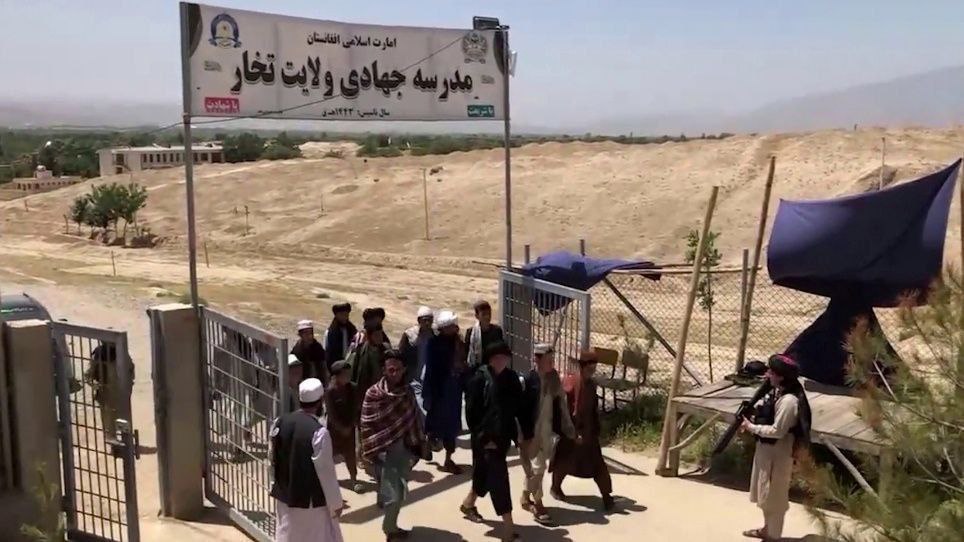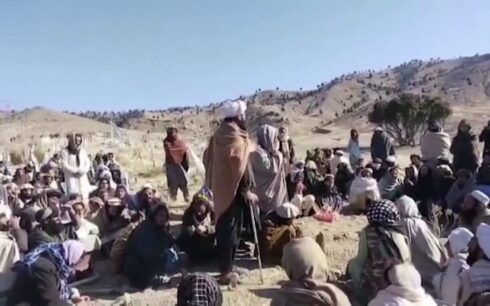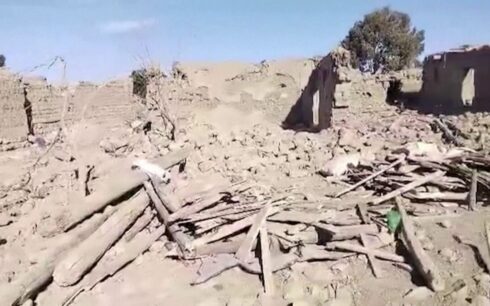The Taliban have constructed six new religious seminaries, or madrasas, across Afghanistan in the past month, underscoring their emphasis on religious education over traditional schooling since their return to power in August 2021.
According to official figures released by the Taliban-run Ministry of Education and reviewed by Amu, the new madrasas were built or reconstructed between October 20 and November 20 in the provinces of Kapisa, Farah, Badakhshan, Baghlan, Khost, and Ghazni. The projects cost nearly 24 million Afghanis.
The madrasas include Jamia Islamia Al-Mansuriya in Mahmood Raqi, Kapisa; Bibi Aisha Siddiqa in Anar Dara, Farah; Noman bin Thabit in Pul-e-Khumri, Baghlan; Noorul Quran in Khost; Umar Farooq in Khwaja Omari, Ghazni; and Darul Uloom Imam Abu Hanifa in Yaftal Payan, Badakhshan.
While the Ministry of Education highlights these developments as progress, some citizens express frustration at the Taliban’s focus on religious schools rather than modern education.
“We need schools to learn modern sciences,” said Aziza, a Kabul resident. “The Ministry of Education should focus on constructing schools and make them a priority.”
Critics argue that the Taliban’s emphasis on building madrasas serves to entrench their ideology while neglecting broader educational needs. Some believe these seminaries are part of a strategy to promote extremism and recruit future fighters.
“The Taliban are building schools to brainwash children and train future fighters, while regular schools remain closed and girls are banned from education,” said Marwa, another resident of Kabul.
Since returning to power, the Taliban have barred girls from attending school beyond grade six, sparking global condemnation. Meanwhile, the Ministry of Education reports that there are now more than 21,000 madrasas in Afghanistan, with approximately three million students enrolled.
Graduation ceremonies at some madrasas in recent weeks have been attended by senior Taliban officials, including Minister of Education Habibullah Agha and Minister of Refugees Khalil-ur-Rahman Haqqani. Last month, 370 students graduated from Noorul Madaris in Ghazni and 200 more from Darul Uloom Arabi in Kabul, according to the ministry.
As the Taliban continue to expand their network of religious schools, critics warn that Afghanistan’s youth are being denied access to a balanced education, deepening the country’s educational and social divides.





